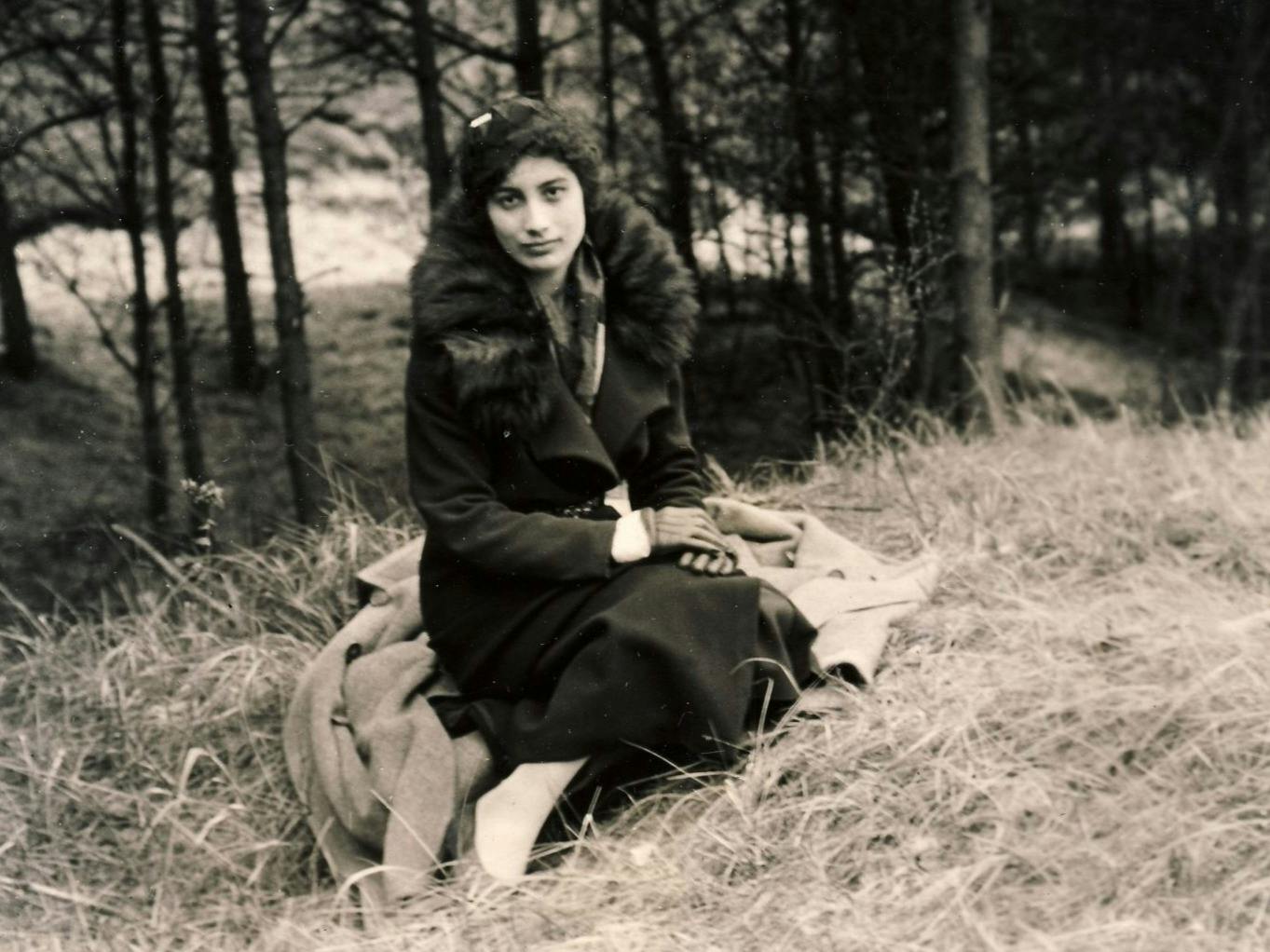Noor Inayat Khan, Unlikely War Hero
Officers believed she was physically and temperamentally unsuited to be a spy. Instead, the British Indian princess outlasted her peers and was a groundbreaking agent of resistance.
In the 2019 film A Call to Spy, someone asks a 26-year-old Noor Inayat Khan, a spy for the British in World War II, “Why is this war your fight?”
“Because I am a British citizen,” Khan explains. “I cannot just stand back and let the Nazis do what they’re doing. I also wish some Indians would win high military distinction in this war. If a few of us could do something brave in the Allied service, it might bridge the gap between the Indians and the British.”
The line is exactly one Khan allegedly said in real life, when the Special Operations Executive (SOE), a secret British organization that conducted espionage, sabotage, and reconnaissance in occupied Europe, recruited her. Khan would become the first female wireless operator that the U.K. would send into occupied France, and was also the only Asian secret agent in Europe during World War II.
Khan was many things: a princess born into Indian royalty, a musician, a writer, and a poet. But, even during her time, officers would doubt her physical and emotional capabilities to be a successful secret agent. Instead, she outlasted her peers. Though she was eventually betrayed, captured, and executed, Khan would leave behind a unique legacy that we can still learn from today.
